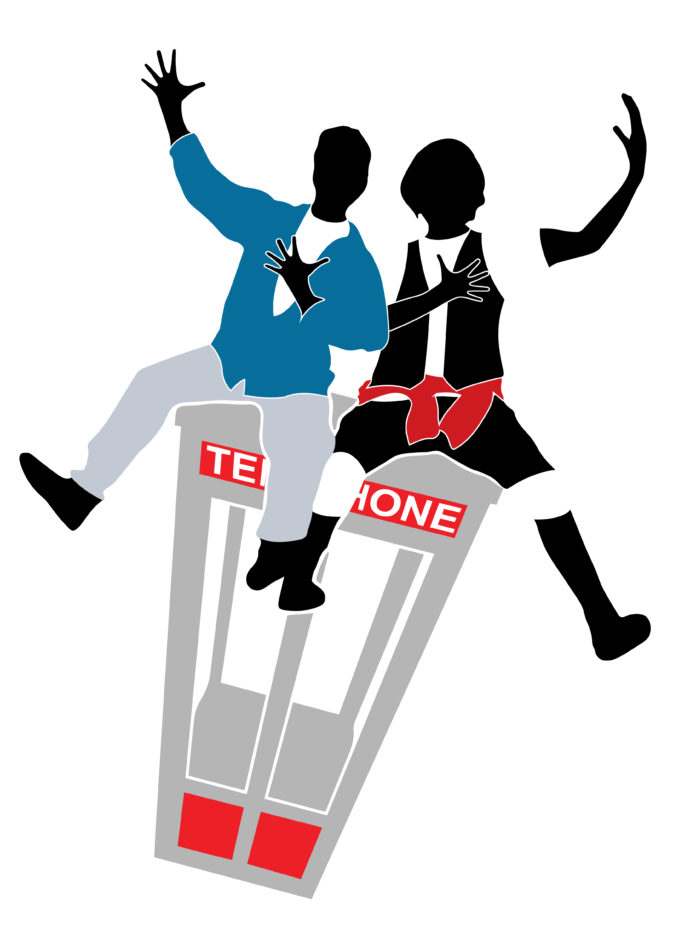Protest challenging protester’s elimination from the competitive range is denied. The protester challenged a weakness it received for not identifying essential positions in its proposal. The protester alleged its proposal actually named all the positions. GAO, however, found that the protester’s proposal listed Johannes Gutenberg and Nickola Tesla, long-deceased historical figures, as essential personnel. Given the unlikelihood of Gutenberg and Tesla performing requirements from beyond the grave, GAO found that the agency had reasonably assessed a weakness to the protester’s staffing approach.
The Department of Veterans Affairs obtains various professional and IT services through an IDIQ contract called the Transformation Twenty-One Total Technology Next Generation (T4NG). Several large and small businesses hold the T4NG contract. The contract had on-ramp procedures for adding additional SDVOSBs, veteran-owned businesses, and small businesses. The VA could implement the on-ramp procedure at any time by re-opening the competition.
The VA issued a T4NG on-ramp solicitation to SDVOSBs. The solicitation set forth a two-step evaluation process. In the first step, offerors would submit a response to a sample task, a price volume, and certification. The VA would establish a competitive range based on step one submissions and then evaluate the remaining offerors in step two. Under the second step, the VA evaluated responses to a second sample task.
The VA received 94 step one proposals. The VA established a competitive range with 33 proposals, including a proposal from Trilogy Federal, LLC. The VA conducted discussion with offerors in the initial competitive range. But after performing the step two evaluation, the VA determined that Trilogy’s proposal was not among the highest rated. Trilogy was eliminated from the second competitive range. Following a debriefing, Trilogy protested.
Trilogy alleged that the VA erred evaluating its responses to the sample tasks. The VA assigned Trilogy a weakness for not including several key positions in its proposal. Trilogy argued that a page in its proposal named all the personnel that would support the sample tasks.
GAO, however, noted that the page Trilogy referred to only identified personnel for some, but not all of the required task. Significantly, some of identified parties could not support the effort. Trilogy had identified Johannes Gutenberg and Nickola Tesla—influential but long deceased inventors—as parties responsible for certain requirements. GAO found that it had no basis to question the weakness assigned to Trilogy’s proposal.
Trilogy also alleged that the VA disparately evaluated offerors under the management subfactor. The solicitation required offerors to certify that their sample task responses were solely the work of firms with which the offerors had contractor team arrangements. Trilogy contended that it complied with team arrangement requirement, but it had been excluded from the competition while other offerors that did not comply with the requirement were included in the competitive range.
GAO, however, noted that the solicitation provided that a contractor that failed to meet the team arrangement requirement may be assessed a deficiency. Thus, the solicitation permitted, rather than required, an agency to eliminate an offeror that failed to meet the team requirement. In any event, GAO opined, the record did not support Trilogy’s allegations of disparate treatment. One of the offerors in question actually included the team arrangement as required while the other provided the team arrangement for its major subcontractors.
Next, Trilogy contended that the agency’s price realism evaluation was flawed. Trilogy alleged that the VA failed to analyze offerors’ proposed costs and prices in light of their proposed technical approaches.
GAO reasoned that where a solicitation includes the labor categories and hours that offerors are required to use in preparing their proposals, the agency may reasonably analyze price by determining if the proposed rates are realistic without additional analysis. Here, the solicitation provided labor categories and hours for offerors. The agency thus did not err in failing to consider prices in light of offerors’ technical approaches.
Finally, Trilogy objected to the competitive range determination, arguing that the VA did not look behind adjectival ratings and failed to consider price. GAO, however, found that each proposal was given meaningful, individual consideration under each of the evaluation factors.
Trilogy is represented by Kelsey Hayes, Terry L. Elling, and Hillary J. Freund of Holland & Knight LLP. The agency is represented by Frank V. DiNicola, Tara Nash, Desiree A. DiCorcia, and Tobias Hunziker of the Department of Veterans Affairs. GAO attorneys Lois Hanshaw and Evan C. Williams participated in the preparation of the decision.




